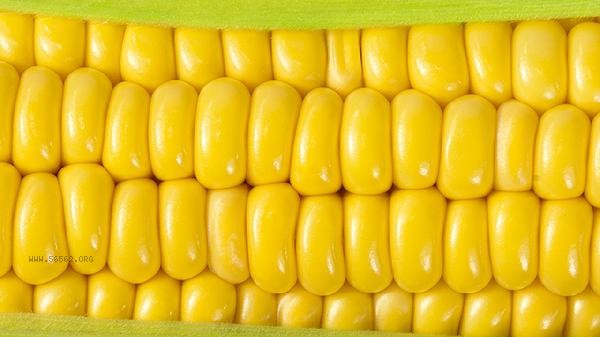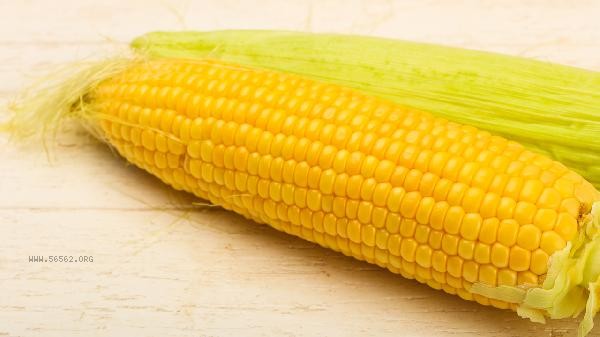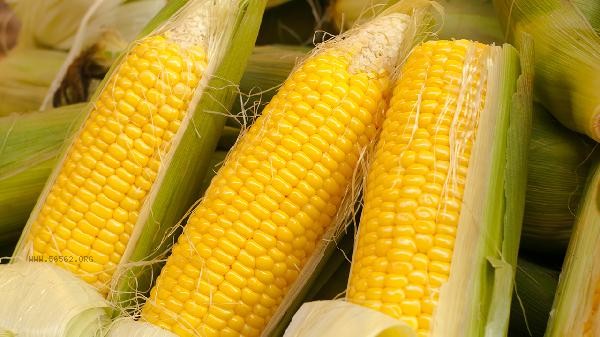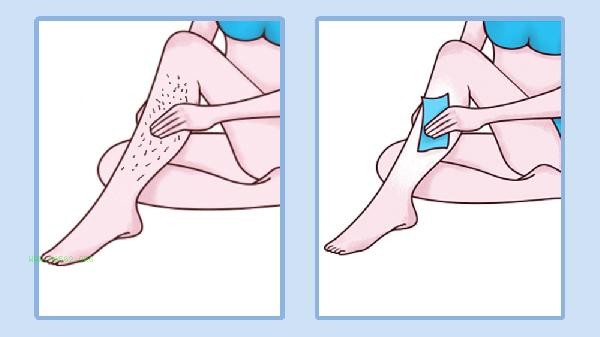Boiling corn with clean water usually takes 10 to 15 minutes, and the specific time is influenced by various factors such as corn variety, maturity, firepower, pot type, and personal taste preference. Different varieties of corn can lead to variations in cooking time. Sweet corn is usually easier to cook than glutinous corn and requires relatively less time. Freshly picked corn, due to its abundant moisture, will have a shorter cooking time than corn that has been stored for a longer period of time. Using a pressure cooker to cook corn can significantly shorten the time, while ordinary cookware requires longer time. The size of the heat also affects the cooking time, with different times required for fast cooking over high heat and slow cooking over low heat. Personal preference for the softness and hardness of corn is also an important factor in determining cooking time. Those who prefer a soft and glutinous texture can extend the cooking time appropriately. The maturity of corn has a significant impact on cooking time. Due to its low starch content, tender corn can usually be cooked in about 10 minutes. Due to its high starch content and thicker and harder fibers, old corn takes longer to cook and soften. Corn cooked with a shell, due to the protection of the outer shell, is less likely to lose moisture, and the cooking time can be slightly shorter. Corn boiled without shells comes into direct contact with hot water, making it easier to cook but also losing moisture faster. Frozen corn needs to be thawed before cooking, otherwise the cooking time needs to be extended.

When cooking corn, it is recommended to first observe the condition of the corn and gently poke it with chopsticks to test its softness and hardness. Cooked corn should maintain a certain chewiness, as overcooking can lead to nutrient loss and poor taste. It can be paired with a small amount of salt to enhance the flavor, but it should not be excessive. The water used to cook corn can be retained as a soup base and contains partially dissolved nutrients. Corn is rich in dietary fiber and vitamins. Moderate consumption can help promote digestion and supplement nutrients, but those with weak gastrointestinal function should pay attention to controlling their consumption.











Comments (0)
Leave a Comment
No comments yet
Be the first to share your thoughts!